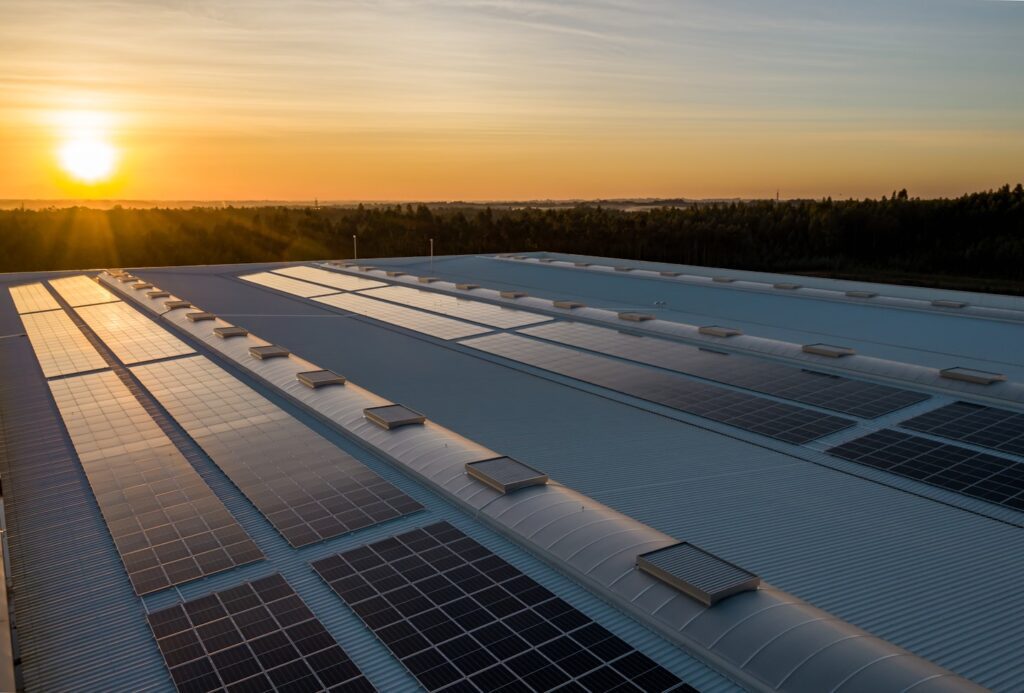Harnessing Solar Energy in Botswana: A Bright Future Ahead
Botswana, known for its vast landscapes and abundant wildlife, is also home to an incredible solar resource. With an average of over 3,200 hours of sunshine annually, the country is perfectly positioned to harness solar energy. As Botswana seeks to diversify its energy mix and reduce reliance on imported fossil fuels, solar power emerges as a key player in the nation’s sustainable development. In this blog, we will explore the potential of solar energy in Botswana, current initiatives, and the impact it can have on the country’s future.
The Solar Potential in Botswana
Botswana’s geographical location and climate conditions make it an ideal candidate for solar energy development. The country experiences high solar irradiance levels, with an average of 6 kWh/m²/day, one of the highest in the world. This abundant sunlight provides a reliable and consistent source of energy that can be harnessed to meet the nation’s growing electricity demands.
Current Solar Energy Initiatives
Botswana has already taken significant steps toward utilizing its solar potential. Here are some of the key initiatives and projects:
- Government Policies and Targets: The Botswana government has set ambitious targets to increase the share of renewable energy in its energy mix. The National Energy Policy aims to achieve 15% renewable energy by 2030, with solar playing a major role. Incentives and policies are being developed to attract investment and promote the adoption of solar technologies.
- Solar Power Plants: One of the flagship projects is the development of large-scale solar power plants. The government has announced plans for several solar farms, including a 100 MW solar power plant in the northeast of the country. These projects are expected to provide a significant boost to the national grid and reduce dependence on imported electricity.
- Rural Electrification Programs: Solar energy is being leveraged to bring electricity to remote and underserved areas. The government, in partnership with international organizations, is implementing solar home systems and mini-grids to provide clean energy access to rural communities. These initiatives are crucial for improving the quality of life and fostering economic development in these regions.
- Public-Private Partnerships: Botswana is fostering collaboration between the public and private sectors to drive solar energy projects. Private companies are being encouraged to invest in solar power through favorable policies and incentives. These partnerships are essential for mobilizing the necessary resources and expertise to scale up solar energy deployment.
The Impact of Solar Energy in Botswana
The transition to solar energy promises numerous benefits for Botswana:
- Energy Security: By harnessing its solar resources, Botswana can reduce its reliance on imported electricity from neighboring countries. This enhances energy security and ensures a stable and reliable power supply for households and businesses.
- Economic Growth: Solar energy projects create job opportunities in construction, installation, maintenance, and operation. The development of a local solar industry can stimulate economic growth and attract foreign investment.
- Environmental Sustainability: Solar power is a clean and renewable energy source that significantly reduces greenhouse gas emissions. By shifting towards solar energy, Botswana can contribute to global efforts to combat climate change and protect its unique ecosystems.
- Social Development: Access to electricity is a key driver of social development. Solar energy can improve education by providing power to schools, enhance healthcare services by electrifying clinics, and support small businesses, leading to improved livelihoods and quality of life.
Challenges and the Way Forward
Despite the immense potential, there are challenges to the widespread adoption of solar energy in Botswana. These include high initial costs, the need for technical expertise, and the development of a supportive regulatory framework. However, with continued government commitment, international support, and private sector involvement, these challenges can be overcome.
Botswana’s journey towards a solar-powered future is an exciting one. The country’s abundant sunshine, combined with proactive policies and innovative projects, sets the stage for a sustainable energy transition. As Botswana harnesses the power of the sun, it not only secures its energy future but also sets an example for other nations in the region and beyond.
Conclusion
Solar energy holds the key to a brighter and more sustainable future for Botswana. With its vast solar potential, ongoing initiatives, and the commitment of various stakeholders, Botswana is well on its way to becoming a leader in solar energy adoption. By embracing solar power, the country can achieve energy independence, drive economic growth, and improve the well-being of its people while protecting the environment. The future of Botswana is indeed shining bright with the promise of solar energy.

